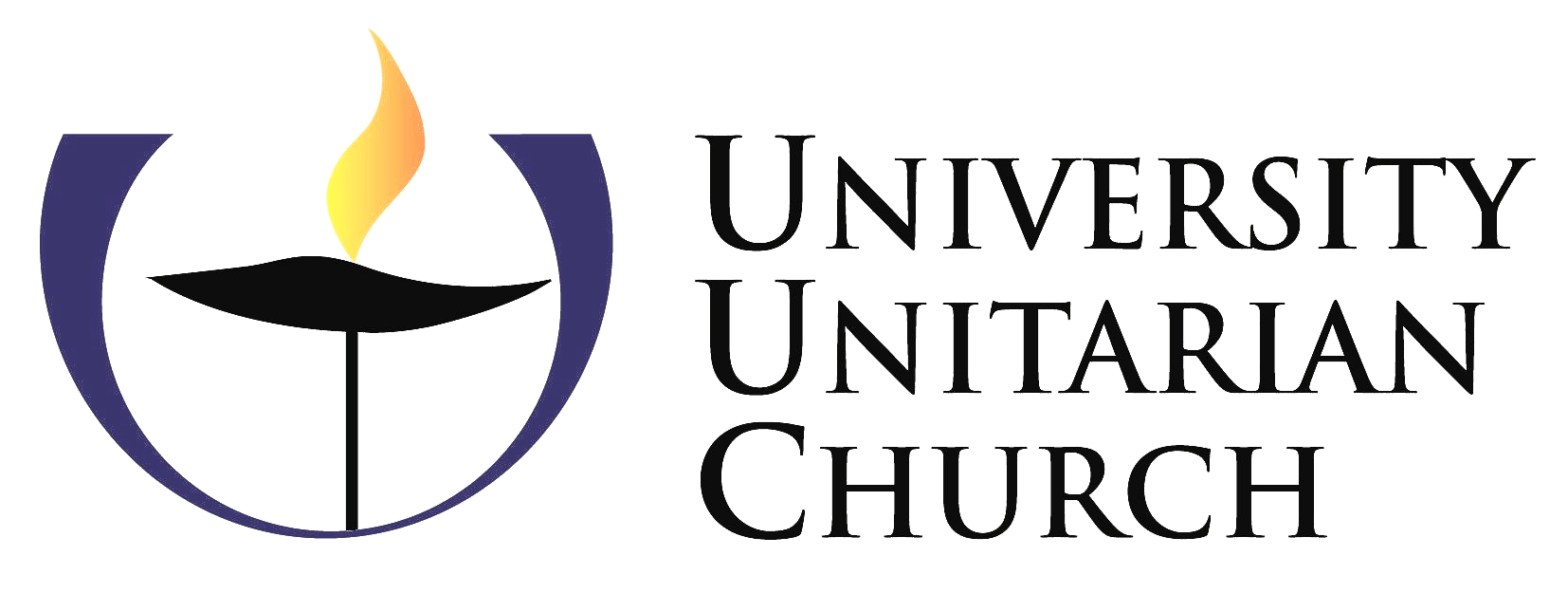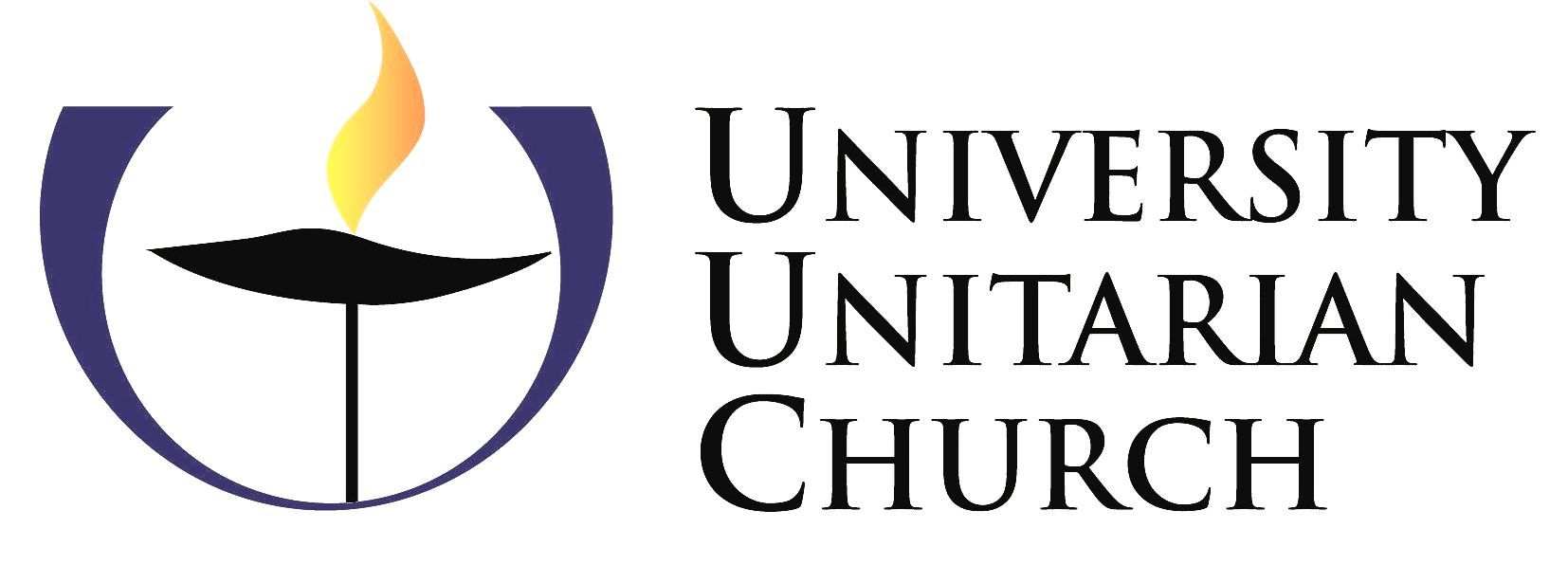Address: 6556 35th Ave NE Seattle, WA 98115
Service: Sundays at 9:30am and 11:15am in-person or online
Phone: 206-525-8400
UNIVERSITY UNITARIAN CHURCH
Congregational Meetings
Congregational Meetings
Each year, the congregation of University Unitarian Church meets at least once to conduct the business of the congregation at the Annual Congregational Meeting. The Annual Meeting is an essential contribution of time and attention by our voting members, and a quorum is required. With the participation and involvement of congregants, we can pursue our shared mission and vision. The items of business at this meeting include electing members to positions on the Board of Trustees (including the Moderator). The congregation also votes to approve the proposed budget for the upcoming fiscal year. Additional business items can be submitted by the Board of Trustees or members of the congregation, as described by the bylaws of the church.
For copies of past and upcoming Annual Meeting reports, which include approved or proposed budgets and capital plans, as well as copies of the board-approved minutes of past Annual Meetings, visit the
Board of Trustees page.
Q&A About Annual Meetings
Why do we meet every year? As religious liberals, we meet because we are committed to the democratic process and want to provide the space for diverse opinions and insights from our members. This meeting allows you to participate in the planning process for the next year by voting on the operating budget and the candidates for the Board of Trustees. If you are part of a corporation or LLC, you know the State of Washington requires you to hold an annual meeting. Similarly, our bylaws require us to hold an Annual Congregational Meeting here at church. UU congregations generally entrust the membership with voting to:
- elect their governing boards
- pass their budgets
- call and/or dismiss a senior minister
- purchase and/or sell real estate
- amend the bylaws
- make other major decisions affecting the congregation
We sometimes have other congregational meetings at other times of the year. These are scheduled as the need arises, but the Annual Meeting is a yearly occurrence.
On a personal level, why might you want to attend? The Annual Meeting provides opportunities for you to collaboratively make innovative and responsible decisions, share ideas, discover new insights, connect with people, nurture community, and to reflect on your actions as expressions of your faith. Hopefully, you will feel that your unique contributions combine with the contributions of others to yield decisions that are greater than the sum of their parts.
Who may attend the Annual Meeting and vote? Any person who is a “member in good standing” may attend and vote. “Member in good standing” is verbiage from our bylaws. According to the bylaws: “A member in good standing shall have made a pledge for the current fiscal year and have paid in full any pledge or adjusted pledge from the previous fiscal year.” Also to be a member, you must have signed the Membership Book. If you are interested in attending and voting and are confused about whether you are a “member in good standing,” or have some financial issues that have precluded you from pledging, please contact Byron Krystad.
How long do the meetings usually run? Meetings usually last somewhere around one hour, though they can be longer if a complicated matter such as bylaw changes are under discussion. Agenda items are ordered so that the most critical items for voting are placed early, allowing the most people to participate in those matters before other commitments might draw them away.
Will there be childcare? If you are attending the Annual Meeting in person, your children are welcome to remain with the Family Ministry folks until the meeting is over.
How Do Annual Meetings Work?
UUC Annual Meetings begin by ensuring we have a quorum, which is 10% of members in good standing of UUC (see above). Once we have established a quorum, the Moderator will introduce the people playing key roles for the meeting and ask for a motion to approve the minutes of the previous congregational meeting and approve the agenda for the current meeting. Once the agenda is approved, the meeting will proceed in the order specified in the agenda.
Annual Meetings are conducted using Robert’s Rules of Order. Members most commonly participate in Annual Meetings by voting. Items that will be voted on begin with a motion made by a member. After a motion is made, seconded, and restated by the Moderator, members may speak for or against the motion during discussion. Typically, meetings being facilitated with Robert’s Rules alternate speakers who have pro and con positions for the motion being discussed. The Moderator will explain how members can indicated whether they wish to speak for or against a motion. The Moderator will then call on people to speak, alternating between pro and con.
Members can also make additional motions about the item under discussion by raising their hand during the discussion or their “Zoom hand” if participating by Zoom. Robert’s Rules allows many types of motions and other ways to participate during a meeting. These options exist to ensure that a meeting is proceeding fairly, and that all sides of an issue have a reasonable opportunity to be heard. Explanations of some of the options are found here: UUC Congregational Meetings and Robert’s Rules of Order, and Parliamentary Procedure for Meetings. To raise a motion, a member simply raises their hand or their Zoom hand during the pause between speakers in the discussion portion of a motion. The member will be recognized right away or as soon as the current speaker is finished.
When all members wishing to speak have had a chance to do so, or the Moderator determines all views have been heard, the Moderator will close discussion, restate the motion, and ask for the vote. Members voting in person will be provided with voting cards they can hold up to indicate support, opposition, or abstention. Members voting on Zoom will use a poll that will pop up on their screen. Most agenda items require a simple majority of those present in person or on Zoom. A two-thirds vote in favor is required to adopt the annual budget, amend the bylaws or for a few other purposes listed in the bylaws.

